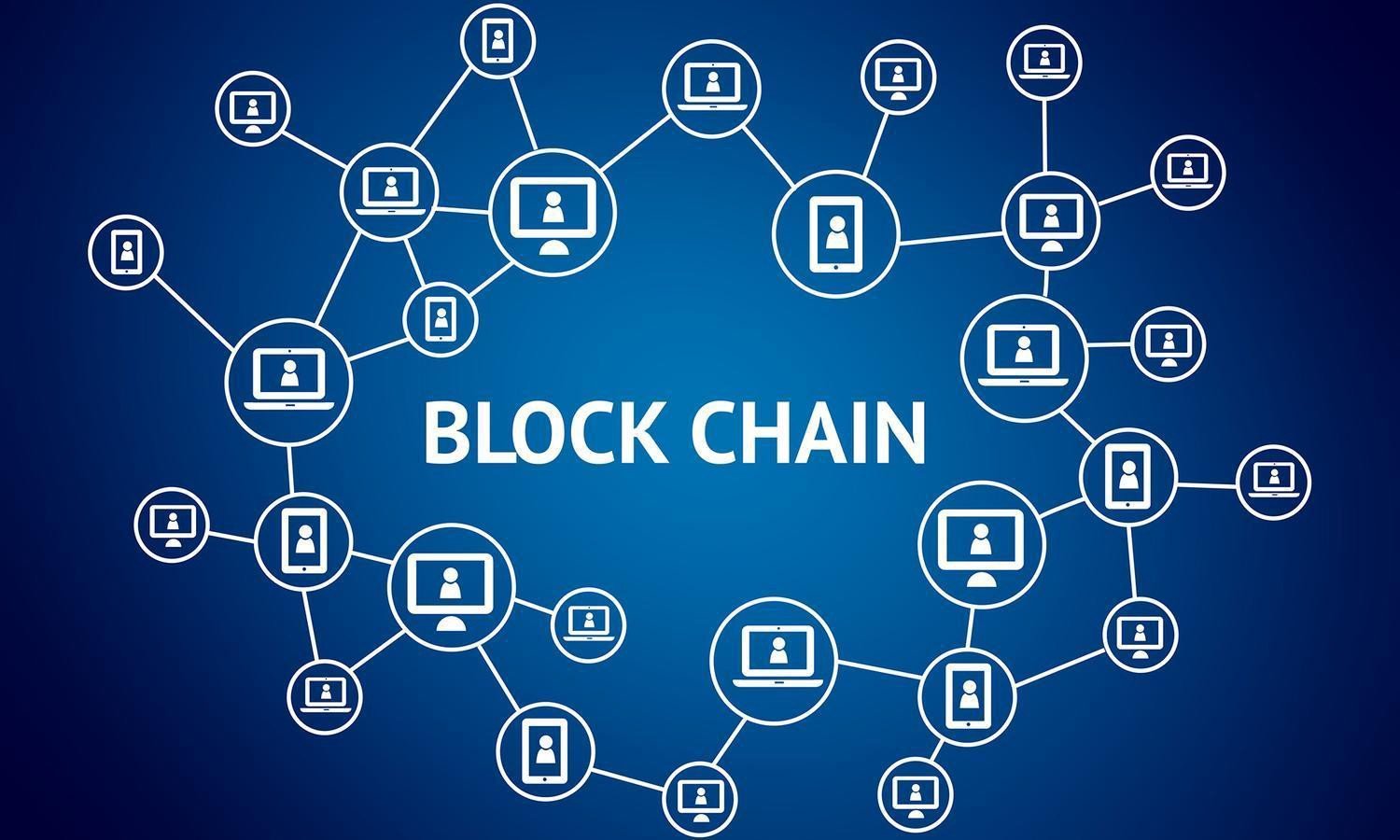What is a blockchain?
A blockchain is a decentralized library and a way of doing transactions of the cryptocurrencies like bitcoin and ethereum. ?The blockchain is actually a continuously growing list of records called blocks and each block contains a cryptographic hash of the previous block, a timestamp and transaction data. This way, Cryptocurrencies like Bitcoin wallets can calculate their spendable balance and new transactions can be verified to be spending bitcoins that are actually owned by the spender.
History of Blockchain
The first blockchain was conceptualized and made by a person known as?Satoshi Nakamoto?in 2008. Satoshi Nakamoto is the person who evolved this concept and connected as the core component with cryptocurrency bitcoin where it serves as the public ledger for all transactions on the network. ?Through the use of a blockchain, bitcoin became the first digital currency to the solved double-spending problem without requiring a trusted authority.
Working of Blockchain?
Blockchain ensures that the money is transferred immediately. No banking channels are used and the money will be liquid able on major crypto exchanges. Transaction?done is a transfer of value between?Bitcoin wallets that gets included in the blockchain.?Bitcoin?wallets keep a secret piece of data called a private key or seed, which is used to sign?transactions, providing a mathematical proof that they have come from the owner of the wallet.
The blockchain implementations could be broadly categorized into two categories based on the requirements of business use cases:
- Public: A public blockchain is open and anyone can take part in executing the transactions on the network.
- Private: A private blockchain is closed and is restricted to invite-based participation.
How is blockchain helpful?
The blockchain is now integrated into multiple areas solely becoming the next big thing
- Decentralization of the technology.
- Blockchain records and validate each and every transaction made, which makes it secure and reliable.
- All the transactions made are authorized by miners, which makes the transactions immutable and prevent it from the threat of hacking.
- Blockchain technology avoids the need of any third-party or any of the central authority for peer-to-peer transactions.
Future of blockchain
Blockchain will be adopted by central banks, industries, governments and cryptographically secured currencies will become widely used. As blockchain minimizes the cyber risk it will be helpful in future as in now. Blockchain technology could be used to distribute social welfare in developing nations also.


